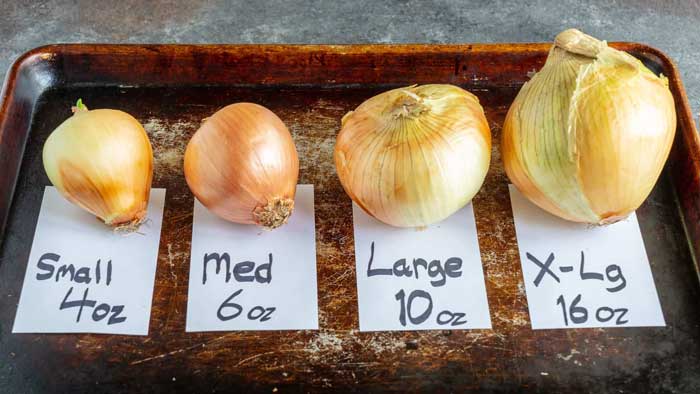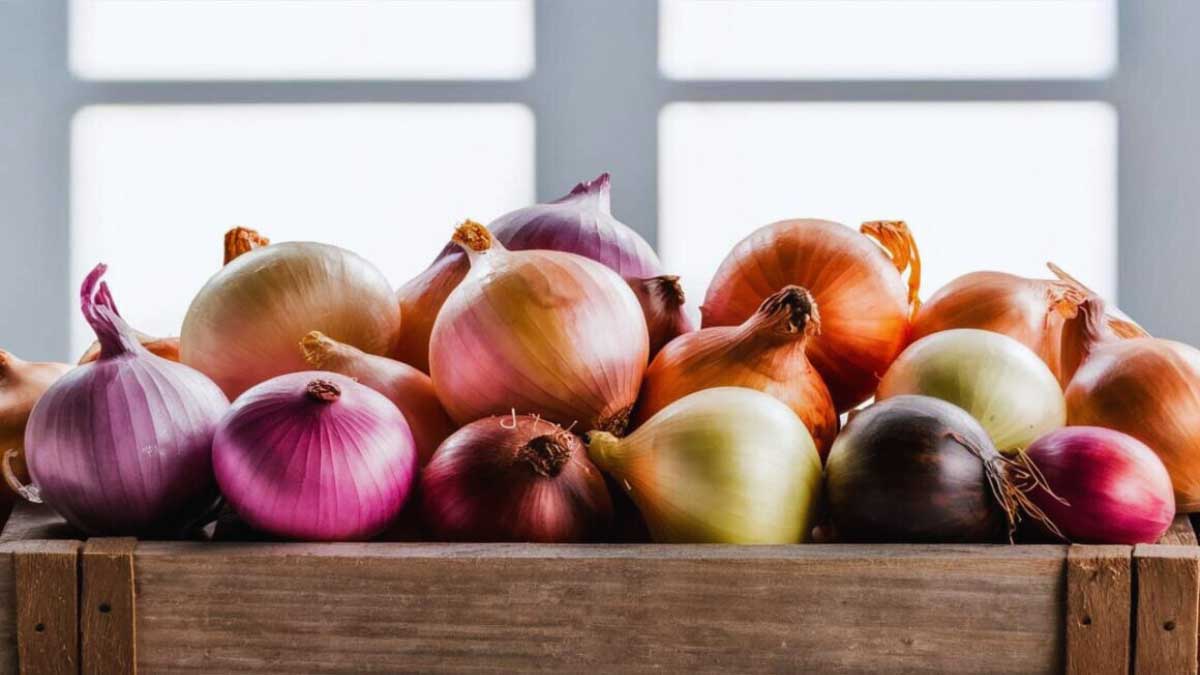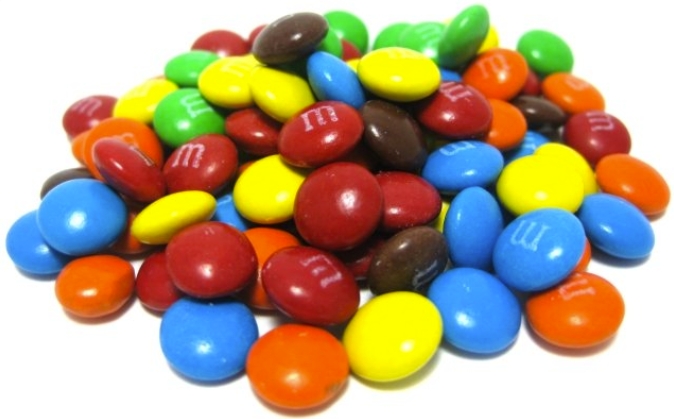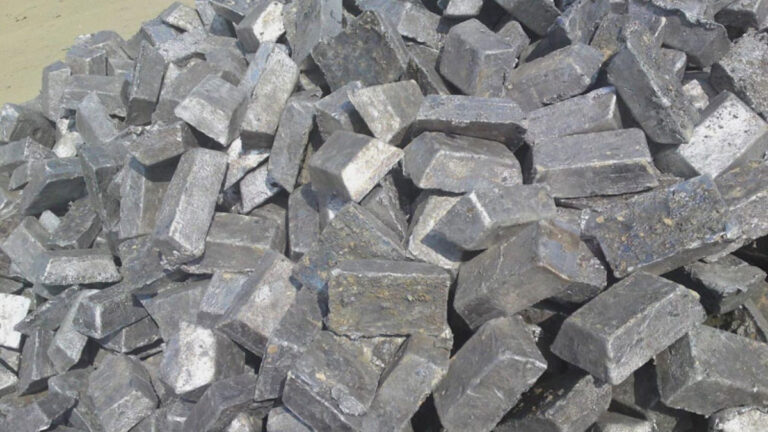How Much Does Onion Weigh: A Detailed Guide to Sizes
When you’re cooking up a storm in the kitchen, understanding the weight of your ingredients can make a world of difference. Onions, a staple in countless dishes, vary in size and weight, affecting both flavor and nutrition. A medium-sized onion typically weighs between 110 to 115 grams, contributing around 46 calories to your meal. Knowing these details can help you manage your dietary intake more effectively.
For those who love green onions, there’s a notable difference. A bunch of summer-grown green onions can weigh about 100 grams, while winter-grown ones are lighter at 40 to 50 grams. With only 19 calories per 100 grams, green onions offer a lighter alternative for those watching their calorie intake. Whether you’re crafting a hearty stew or a fresh salad, understanding these weight variations can enhance your culinary creations and nutritional awareness.
Key Takeaways
- Understanding Onion Weights: Onions vary in size, affecting their weight and subsequently the flavor and nutrition they add to dishes. Medium onions generally weigh between 110-115 grams.
- Variety and Size Differences: Different types of onions like white, yellow, and red, have distinct weight ranges due to differences in size and density, impacting culinary outcomes.
- Measuring for Precision: Using a kitchen scale to measure onions by weight rather than volume ensures accuracy in recipes, allowing for consistent flavor and nutritional content.
- Caloric and Nutritional Insights: Medium onions add approximately 46 calories, while green onions offer a lighter alternative with only 19 calories per 100 grams, suitable for calorie-conscious cooking.
- Practical Application: Selecting the right type and size of onion based on weight can enhance the quality of dishes, from stews to salads, by ensuring the intended flavor intensity and texture.
Understanding Onion Weights
Grasping the concept of onion weights is essential for accurate recipes and nutritional balance. A medium-sized onion generally weighs between 100 to 115 grams.
- Variety Differences: Onions come in types like white, yellow, and red. Each can have slightly different weights due to density and size variations.
- Water Content: The composition of an onion is mostly water, around 89%, which significantly affects its weight. This high water content contributes to the overall mass.
- Size Variability: Onions’ sizes range from small pearl onions, weighing under 50 grams, to larger ones exceeding 200 grams. Size profoundly impacts the weight each yields.
Understanding these factors will help you estimate onion weights accurately. By incorporating weighing techniques, you’ll achieve better cooking results. Use a kitchen scale to measure onions precisely after removing skins and drying.
Average Weights by Size
Understanding onion weights helps in achieving precision in recipes. Each size category—from small to large—varies significantly in weight and is important for meal planning.

Small Onion Weight
Small onions typically weigh 70-100 grams (2.5-3.5 ounces). They’re comparable to a billiard ball in size and yield about three-fourths cup when chopped. Use them for dishes requiring subtle onion flavor without overwhelming the dish.
Medium Onion Weight
Medium onions weigh 100-150 grams (3.5-5.3 ounces), similar to tennis balls. They’re the default choice in many recipes due to their balanced size and flavor. When chopped, a medium onion fills about one cup, making it suitable for soups and stews.
Large Onion Weight
Large onions range from 150-200 grams (5.3-7 ounces) or more. These onions resemble softballs and provide up to one and a half cups of chopped onion. Use them in recipes needing bold onion presence, such as caramelized onion toppings or onion rings.
Measuring Onion Weight
Understanding onion weight is key in ensuring recipes achieve intended flavors and nutritional values. Whether you’re a home cook, student, or professional chef, knowing how to measure onions can significantly impact your cooking results.
Converting Volume to Weight
Recipes often list onions in terms of volume, such as cups, but measuring by weight offers more precision. One medium onion yields approximately 1-1.5 cups when chopped, equating to about 115-120 grams. If a recipe specifies 2 cups of chopped onions, using a kitchen scale will ensure you’re adding around 230-240 grams. Adjust your approach depending on whether you’re working with small, medium, or large onions to maintain flavor consistency.
Common Cooking Measurements
A standard medium onion typically weighs between 100-150 grams and fills about one cup when chopped. Here’s a quick guide:
- Small Onion: 70-100 grams; approximately three-fourths cup chopped
- Medium Onion: 100-150 grams; approximately one cup chopped
- Large Onion: 150-200 grams or more; up to one and a half cups chopped
Using these measurements ensures dishes match their intended taste profile, from subtle hints in a sauce to a bold presence in soups. Always dry and peel onions before measuring to get the most accurate weight, utilizing a kitchen scale for best results.
Variations by Type of Onion
Onions come in various types, each with its unique weight range and flavor profile. Understanding these differences is essential for achieving the desired taste and texture in your culinary creations.
- White Onions: As medium-sized variants, white onions typically have a mild flavor. These onions are well-suited for dishes like homemade salsa, guacamole, and as burger garnish. Their weight range falls under the medium category, averaging between 150-175 grams, though they might vary slightly based on size.
- Red Onions: Red onions, recognized by their deep magenta skin, offer a milder taste. They are ideal for salads, sandwiches, and burgers. Weighing more due to their size compared to white onions, red onions usually align with the medium and large categories.
- Yellow Onions: Yellow onions are the most common type, distinguished by their light brown skin. These onions are larger, making them perfect for recipes like French onion soup. They fall into the large onion weight classification, typically averaging from 225-250 grams or more.
- Pearl Onions: These small, white-skinned onions have mild and sweet flavors, making them perfect cocktail garnishes. With their diminutive size, pearl onions weigh significantly less than other types, generally fitting within the small onion category, under 115 grams.
- Sweet Onions: Sweet onions, known for their large size and light brown skin, boast a sweet taste. They excel in cooked forms like onion rings or when caramelized. Given their substantial size, sweet onions often measure beyond the large classification, sometimes reaching extra-large weights.
- Shallots: Small and light purple, shallots offer an intense flavor, ideal for salads and sautéing. Their smaller dimensions usually place them within the small onion weight range, although their potency makes them a distinct choice in dishes.
Understanding these weight variations aids in selecting the right onion type for your recipes. Measuring by weight rather than volume ensures precision, consistency, and allows you to effectively manage flavors and textures.
Practical Applications of Onion Weights
Understanding the weight of onions impacts the consistency and balance of your meals. Precise measurements enable you to control flavor intensity and achieve the desired texture in each dish.
Choosing the Right Onion for Recipes
Different onion types possess unique weights and flavors:
- Yellow Onions: These versatile ones weigh 100-150 grams and suit most dishes.
- Red Onions: Used for salads and sandwiches, these often weigh more than white onions.
- White Onions: Milder in flavor, ideal for garnishes like salsa, typically weighing around 150-175 grams.
- Sweet Onions: Baking or caramelizing? These large ones satisfy, often exceeding 150 grams.
- Pearl Onions: Small and sweet, under 115 grams, perfect for cocktail garnishes.
Selecting the appropriate onion based on weight and flavor enhances recipe outcomes.
Calculating Onion Needs for Meals
Quantifying onions by weight contributes to culinary precision:
- For a recipe listing a medium onion, use one that’s 100-150 grams for consistent results.
- Use a kitchen scale to determine 115 grams or more when 1 1/2 cups of chopped onion is required.
- In vegetable broth where proportions matter, rely on weight: 32 parts water to vegetable and 3:2:1 onion, carrot, celery ratios.
Precise onion measurements not only refine recipes but also aid in dietary regulation.
Conclusion
Understanding the weight of onions is crucial for achieving the desired flavor and nutritional balance in your dishes. By measuring onions by weight rather than volume, you ensure precision and consistency in your cooking. Whether you’re using small, medium, or large onions, knowing their weights helps you control the intensity of flavors and textures in your meals. Utilizing a kitchen scale can refine your recipes and enhance your culinary skills, allowing you to manage dietary intake more effectively. Embrace the practice of weighing your onions to elevate your cooking experience and achieve delicious results every time.







